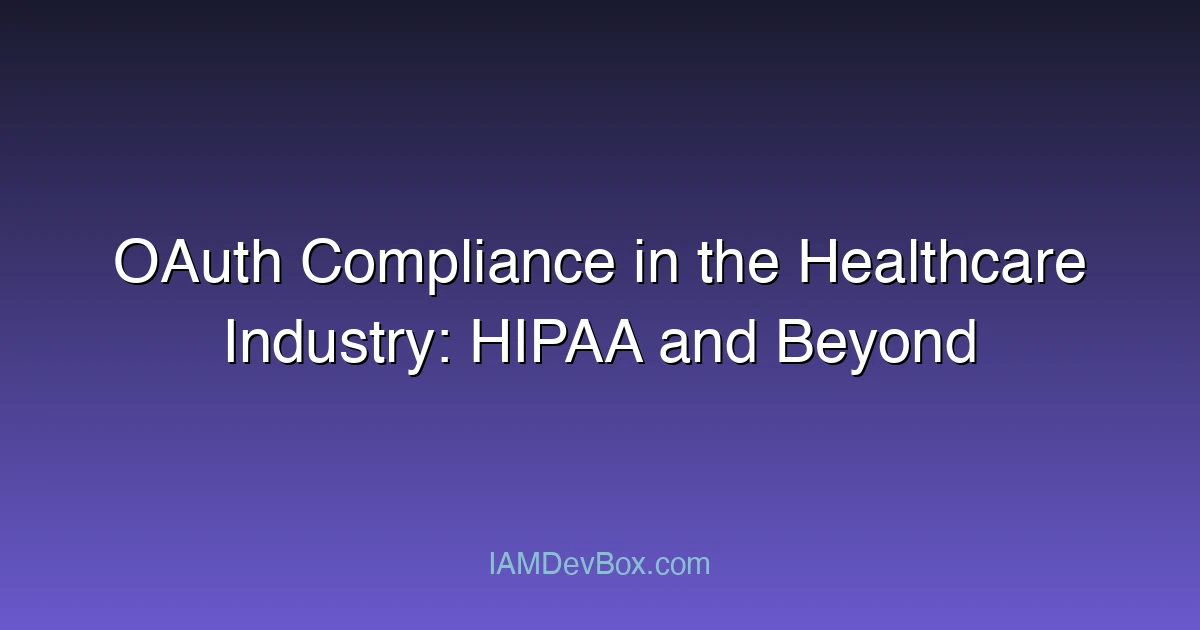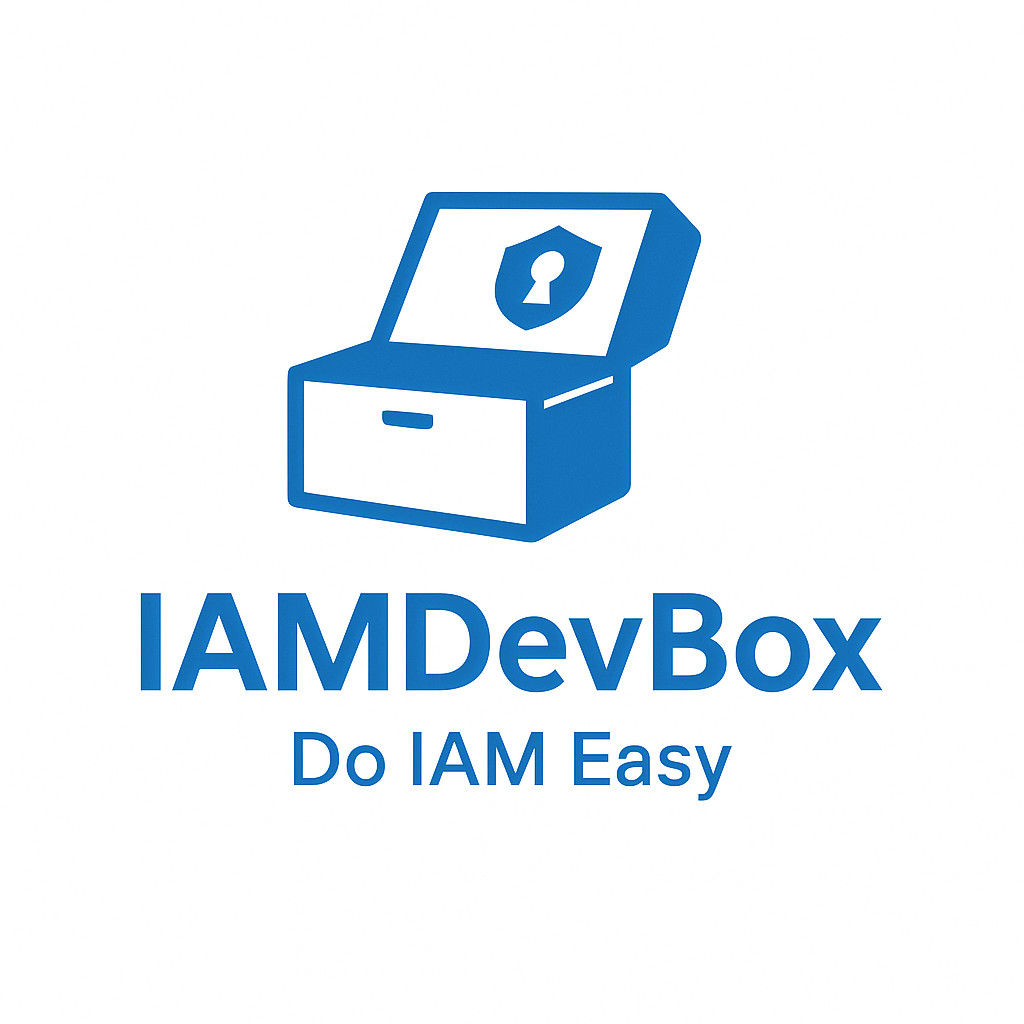Visual Overview:
sequenceDiagram
participant User
participant App as Client App
participant AuthServer as Authorization Server
participant Resource as Resource Server
User->>App: 1. Click Login
App->>AuthServer: 2. Authorization Request
AuthServer->>User: 3. Login Page
User->>AuthServer: 4. Authenticate
AuthServer->>App: 5. Authorization Code
App->>AuthServer: 6. Exchange Code for Token
AuthServer->>App: 7. Access Token + Refresh Token
App->>Resource: 8. API Request with Token
Resource->>App: 9. Protected Resource
The healthcare industry faces strict regulatory requirements to protect patient data privacy and security. OAuth 2.0 has become a critical framework enabling secure, standardized access delegation for healthcare applications, but how does OAuth align with HIPAA and other healthcare compliance mandates?
Understanding HIPAA and Its Security Requirements
HIPAA (Health Insurance Portability and Accountability Act) mandates safeguards for Protected Health Information (PHI), emphasizing:
- Access control and authentication
- Audit logging and monitoring
- Data integrity and confidentiality
Why OAuth Matters in Healthcare
OAuth provides a secure method for patients and healthcare providers to authorize apps and services to access sensitive data without sharing passwords. Key benefits include:
- Granular Access Control: OAuth scopes limit permissions to only necessary resources.
- User Consent: Patients explicitly grant access to apps.
- Token-based Access: Reduces credential exposure.
Implementing HIPAA-Compliant OAuth
Use Authorization Code Flow with PKCE This flow mitigates risks in public clients like mobile apps by adding Proof Key for Code Exchange.
Enforce Strong Client Authentication Ensure confidential clients securely authenticate to the authorization server.
Secure Token Storage and Transmission Tokens must be stored encrypted and transmitted over TLS.
Audit Logging Log all authorization events for compliance and forensic analysis.
Common Pitfalls to Avoid
- Using Implicit Flow, which is less secure and deprecated.
- Poor token lifecycle management, leading to token reuse or leakage.
- Inadequate user consent interfaces causing confusion or lack of transparency.
Case Study: Secure API Access in a Healthcare Portal
A hospital implemented OAuth 2.0 with authorization code flow and PKCE for their patient portal app. They integrated audit logging and token revocation mechanisms, achieving HIPAA compliance while enabling seamless third-party app access to electronic health records (EHR).
Beyond HIPAA: Other Regulations and Standards
- GDPR: Emphasizes data privacy and user rights, complementing OAuth’s consent model.
- HITECH: Strengthens HIPAA’s enforcement around electronic health data.
- FHIR: Uses OAuth 2.0 for API authorization in healthcare data exchange.
Future Trends
- Integration of Zero Trust security models with OAuth
- Adoption of decentralized identity for patient-centric control
- Use of AI to monitor authorization anomalies in healthcare environments
👉 Related:
How to Implement the OAuth 2.0 Authorization Code Flow in Java
OAuth 2.0 Refresh Tokens: Best Practices and Expiry
💡 How can healthcare providers balance ease of access and stringent security using OAuth? What innovations could further strengthen compliance?

